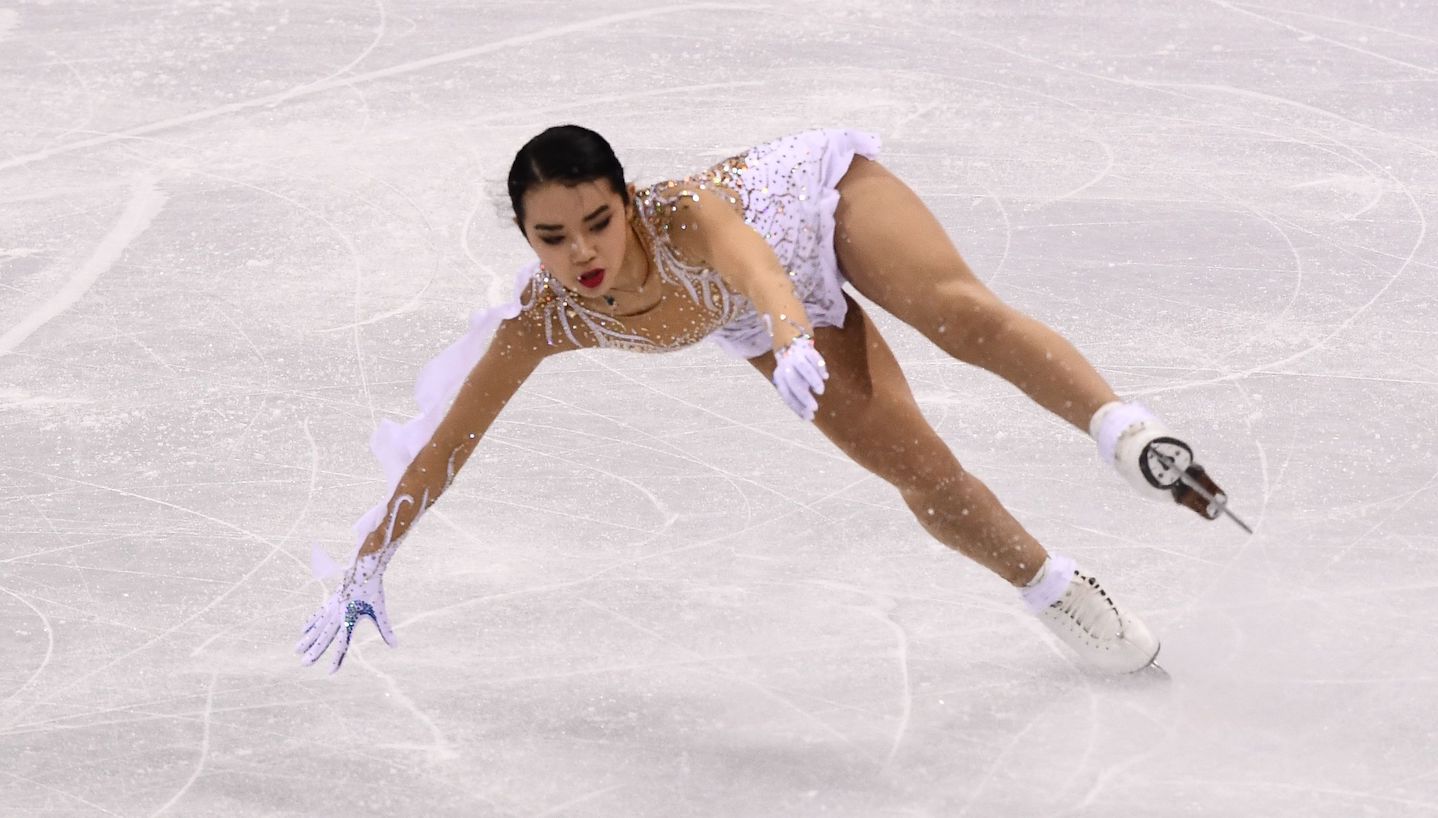Sylvia
Flight #5342: I Will Remember You
- Messages
- 84,278
Thanks @sheetz for posting this "food for thought" article link in the U.S. Women's thread. Since this topic is not just about the U.S. women, I feel it's worth creating its own thread for (hopefully) constructive discussion -- Kalyn Kahler is the same person who wrote the Sports Illustrated feature article on Alysa Liu after she won her first U.S. title in 2019:

 defector.com
defector.com

How American Women Fell Behind In Skating's Quad Era | Defector
"We don’t have it, it's not happening. We don't have any girls.”
Excerpts:This is one of the best articles I've seen on the subject.
So how do you change an entire culture? Rafael Arutyunyan has ideas.
Before coming to the U.S., Arutyunyan coached for 25 years in Moscow. He knows the ins and outs of the way rinks function there and the resources and power available tano coaches. Since he moved to the U.S., he’s coached skaters to 11 national titles, and under his tutelage, Nathan Chen has won three world titles. But even with Arutyunyan’s success, he says the U.S. will never match Russia (or Japan or South Korea) in women’s skating without a complete overhaul of the current structure. “We have everything in this country,” he said. “Everything, more than anyone else. Money, ice rinks, energy, population. What we don’t have? We don’t have proper management of what we have. We don’t have a system.”
Arutyunyan says he isn’t talking about U.S. Figure Skating, which he thinks does a good job providing skaters with plenty of opportunities to compete. To Arutyunyan, the problem instead is that coaches are all freelancers, each doing whatever they think is best for their skaters using different methods. He also says that coaches aren’t given enough decision-making power. In most cases they report to the rink manager, who isn’t always a figure skating expert.
“If [the coach] creates great skaters, management should help him to do it instead of being the boss and saying not this, not that,” he said. “I need more and I ask for more, because I want to win.”
The 65-year-old says he “knows what he knows” and he dreams of a system where he could create an academy to not only train skaters, but to train coaches (in his coaching style) to streamline the process. Many times, when a skater comes to him for help, it’s too late in their career to make meaningful changes. “You should get ready for war before war started,” he said. “My problem is I am coaching women, not [junior] ladies skaters, because until they get to the point to come to me, they become women and then it’s too late. The system should be created when a child comes to you from 4 or 5 years old and you give them the shortest way to get more than anybody else.”
“In Russia, they are training differently,” said Kalin’s coach, Shebeco, who grew up skating in Russia. “It is a different process, how much they train and how many programs they do, how they apply their specific off-ice, vs. over here. It is just a different structure of training.”
Sometimes in this sport, “different” can be hard to discern from “abusive.”
It’s not like figure skating in the U.S. is free of scandals with eating disorders or abusive coaching. Here, it’s just less visible until the damage is done.
“Well first of all, if we did that, we would probably be suspended for SafeSport, especially nowadays,” Rice said. “I think in the U.S., it’s such a free country really, that if coaches scold their skaters, sometimes they are afraid of their parents or their clients leaving because you are too mean or too nice, so I do feel like maybe coaches hold back a little bit. In Russia they can get away with those kinds of things. They pick their children when they are little and it’s all about finding the right body types, it’s just done differently over there.”
Last edited:
